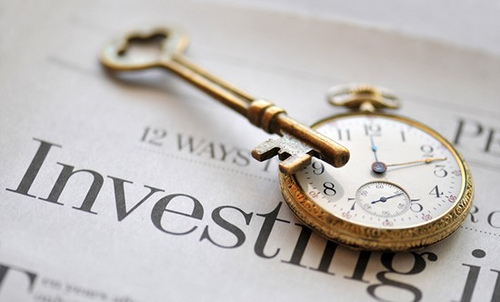With Record Low Household Saving Rates, UK Lacks Padding Against Next Economic Storm

On the surface, Britain’s economy is going gangbusters. Quarter after quarter we are seeing increases in GDP, and domestic spending is strong. Despite a generally cautious attitude as UK and international property buyers await a referendum outcome, high volume demand on the residential housing sector and high occupancy in the commercial sector are keeping prices high.
But underneath this shiny exterior, there are some troubling facts and figures. In the last few years, housing prices have inflated much more quickly than wages. Families have so far managed to bridge that gap, but at a cost. Goods prices have also inflated in accordance with a strong economy of late, and spending has kept up.
These factors have kept Britain’s economy ticking along nicely, but at a cost: household savings rates in the UK are at a record low. And we don’t mean compared to the last financial year, or even since the credit crunch- Brits are currently saving the lowest percentage of their disposable income since records began 50 years ago.
These figures have been creeping up on the government for a couple of years now, but top economists like chancellor George Osborne are preaching observation rather than concern. Osborne recently warned against ‘reading too much’ into any figures in isolation, but finished by saying the lack of savings is a trend worth watching very closely. At the moment, there’s no immediate concern. But what could happen to the financial resilience of UK families if the unexpected strikes?
What are the factors that are encouraging UK earners to spend more and save less? On the one hand, the UK may have been relying on overspending to climb out of the credit crunch, or to avoid the stick, metaphorically speaking. On the other hand, it has been suggested that low interest rates on savings accounts are failing to provide the carrot.
Another possible influence is the historically unprecedented safety net of the NHS. Thanks to the NHS, households can suffer and recover from serious accidents and illnesses without needing to spend years of saving or losing assets, as is all too frequently the case in the US for citizens without corporate healthcare or significant life savings. The NHS is undoubtedly good for the UK, but there are those who loudly disagree, and one never knows what political change may take place a decade ahead. Significant cuts to the NHS may make spenders more inclined to plan for the worst outcome, and we could see spending habits become more frugal as a result.
A vote to leave the EU would also cause a ripple effect of changes to the UK’s economy, many of which can be guessed at, but the sum total of which is impossible to know in advance. If you’re wondering what sort of a loan you might be eligible for should your personal savings fall short, use an online loan calculator.



